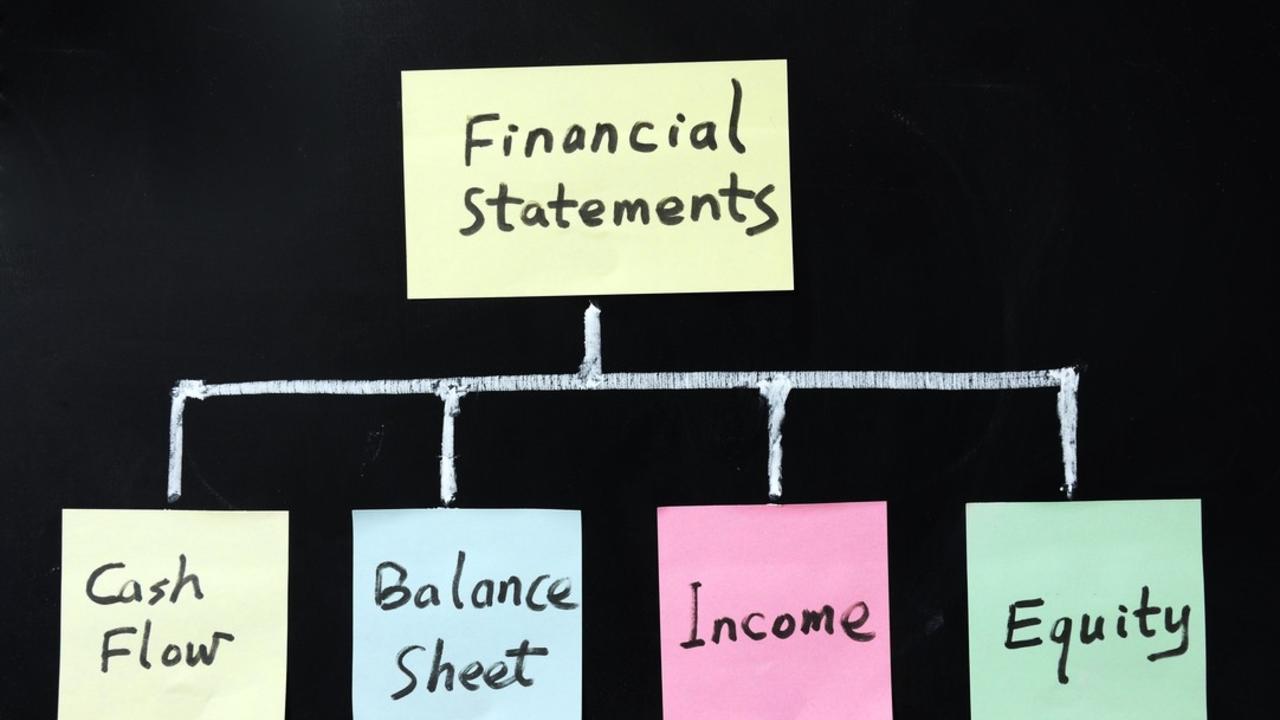Payne Points of Interest #41 What is Cash Flow? Featuring David Safeer
Click here for the original post by Payne Points.
The Clear PATH To Cash: Money is for Sale Featuring David Safeer
"The number one way people raise capital for their startup companies is called credit card debt... but there are other options!"
Solopreneur Success: SSP024 Cash Flow Management with David Safeer
"I sat down and said, "I think I can figure out 99 ways to manage cash flow!" and I was wrong. I'm up to 135 ways to manage…so far!"
The Cash Management Project

In the fall of 2018, I was working for an NGO that provided education loans to people around the world and I traveled regularly to Europe, Africa, and South America to meet with people who benefited from these loans. It was hugely rewarding emotionally; I was doing good in the world.
At the same time, I needed more. More of a challenge. More of something that I could call my own. Something I could do part time to meet my creative needs.
I wasn’t sure what to do, so I spoke with my wife and most trusted advisor, Lisa. We brainstormed options for a few weeks.
A Niche to Call My Own
As Lisa and I talked, we discussed the consulting work I’ve done. I’m good at it and it pays well, so why wasn’t that the solution? There were two issues:
- Finding a niche in the market with significant need
- Creating a scalable business model
It has been challenging articulating what I do when I consult because what I do was different for each client. My consulting approach has historically been:...
Cash Forecast vs. Cash Flow vs. Cash Management– Good Tools

Most people think that cash management, cash flow, and cash forecast are the same - they are not. If you don’t know the difference, you may have a false sense of security about where you are and the progress you are making.
Even if you do know the differences between the three, you also need to know how to use them to run your business.
I’ll give you a rundown of each one, what they are used for, and some key ideas for using them to run your business.
What is a “Cash Forecast” and What is It Good For?
A cash forecast is a way to predict when cash is coming in and going out, based on your business model. I like to call this “business modeling” because it creates a sense of how your business is run. Sometimes it is also called “cash modeling.”
A cash forecast is also a predictive model of your cash-based profit and loss statement.
Cash forecasts are usually set-up for monthly calculations, which go out 1-3 years. They use cash-basis accounting, and have estimates of your revenue, ...
Seven Steps to Implementing Cashflow Management in Your Business

In my last article, “Some Bad, and Some Good, Advice on Cash Flow Management,” I told you I’d give you the details for the seven steps to implement a sound cash management program.
I mentioned that people sometimes want to move too quickly. Generally, their problem isn’t what they think it is (see my article “Keep Digging. The Problem with Your Cash Flow Isn't What You Think It Is.”)
I advise everyone to take a systematic approach.
In this article I’ll go into more detail on how to implement a solid cash management program in any company. Here are the seven steps:
- Put your bookkeeping in order.
- Analyze your financial reports.
- Find and implement quick fixes.
- Implement bigger projects.
- Create a cash flow forecast.
- Use cash management tools.
- Monitor a cash management dashboard.
Step 1: Put your bookkeeping in order. Create a solid foundation.
Most businesses without a professional controller will have significant errors in bookkeeping.
I’ve spoken with other profe...
Cash Management - What it is and what it isn't

I love seeing the wide variety of businesses around the world. It’s one of the reasons that I enjoy working with small to medium sized businesses – there is so much variety and so many ways that people have figured out how to make money. They are so innovative, and it seems like it would be so fun to be part of the team!
These companies generally have:
- Innovative products and services
- Great demand-generating marketing
- A good sales team
- Operational excellence that is generally close to the skill of the founder
After that the business often has weak spots. They generally lack systems and operations that will allow them to scale, especially when it comes to accounting, finance, and cash management.
Between my experience and the conversations that I’ve had with various accountants, bookkeepers, and business consultants, I’m convinced that 90% or more of small and medium sized businesses don’t have good financial management. This includes basic bookkeeping. That falls in line wi...

